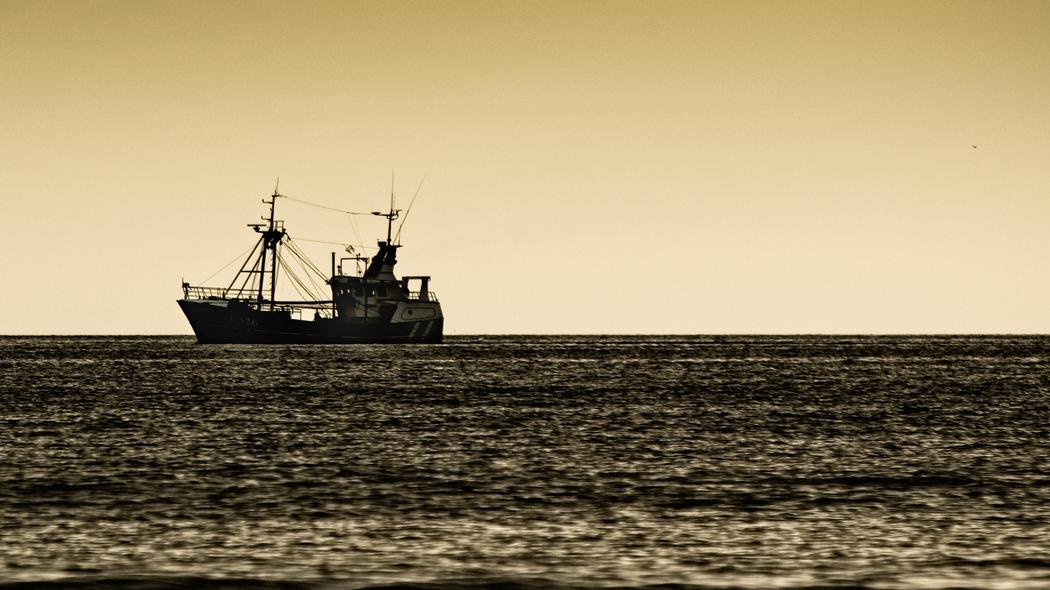In a previously published legal bulletin we discussed Biodiversity on the high seas, and the increasingly recognized need for an international legally binding instrument (ILBI) to regulate biodiversity in Areas Beyond National Jurisdiction (ABNJ). Recently, progress towards the ILBI came in the way of the third session of the preparatory committee on Marine Biodiversity in Areas Beyond National Jurisdiction (PrepCom 3).
PrepCom 3 was held at the United Nations headquarters in New York from March 27 to April 7. I had the good fortune to observe proceedings as an observer through an invite from a New York City based non-profit that supports small islands developing states permanent missions to the UN in oceans and climate change negotiations.
In this bulletin, we set out how PrepCom 3 fleshed out discussions on what the main elements of the treaty would be. This included inter alia, Marine Genetic Resources, Area-Based Management Tools, Environmental Impact Assessments, Capacity Building and Technology Transfer. These substantive areas of discussion form what will be the core elements of the treaty body and address some of the primary issues faced with respect to high seas regulation and management (or lack thereof). The lack of any cohesive form of regulation on the high seas means that these parts of the ocean are often subject to unchecked resource exploitation. Coming to a consensus on how this treaty is framed and articulated is one of the first steps towards an ILBI.






